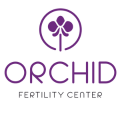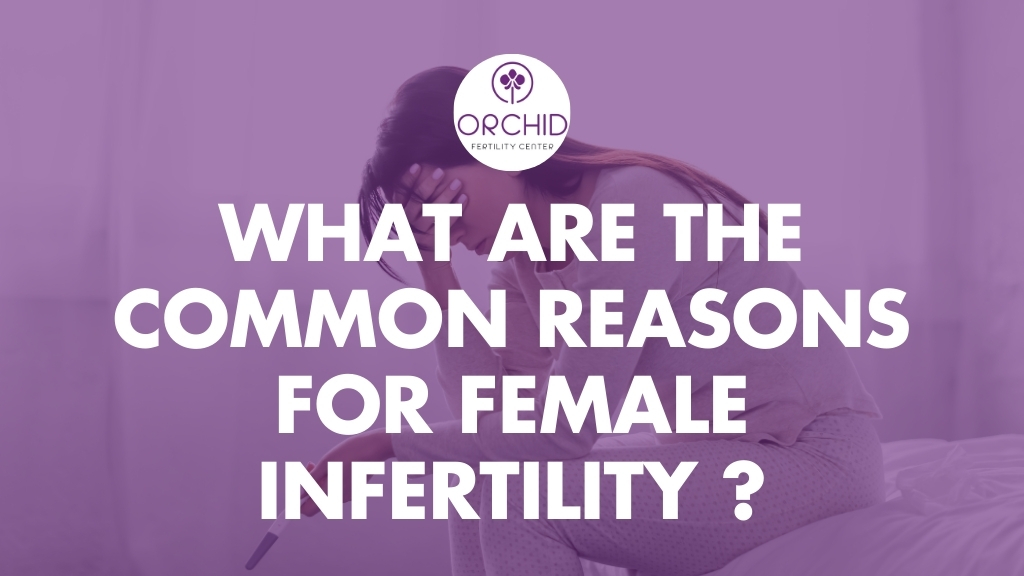Becoming a mother is a cherished dream for many women, but some face difficulties due to female infertility, which refers to the inability to conceive despite regular unprotected intercourse. Understanding the causes of infertility can help identify solutions and treatments. Below, we explore the key factors contributing to female infertility and the advancements available in diagnosing and addressing them.
Reasons for Female Infertility
1. Hormonal Imbalances: The Delicate Dance of Hormones
Hormones regulate ovulation and menstruation, playing a critical role in fertility. Disruptions like thyroid issues, elevated prolactin levels, or imbalanced estrogen and progesterone levels can prevent ovulation or affect pregnancy maintenance. Studies reveal that hormonal imbalances are a leading cause of female infertility, emphasizing the need for regular Female Infertility Test in Kolhapur for early detection and management.
2. Ovulation Disorders: When Timing Is Everything
Ovulation, the release of an egg from the ovary, is crucial for conception. Disorders like Polycystic Ovary Syndrome (PCOS), affecting up to 10% of women worldwide, lead to irregular ovulation and are a major cause of infertility. Addressing these issues with medications, lifestyle changes, or assisted reproductive techniques can enhance fertility outcomes.
3. Blocked Fallopian Tubes: A Roadblock to Conception
Fallopian tube blockages, caused by pelvic inflammatory disease (PID) or endometriosis, prevent eggs from meeting sperm, obstructing fertilization. Diagnostic procedures like hysterosalpingography (HSG) play a vital role in detecting and addressing these blockages.
4. Endometriosis: The Stealthy Intruder
Endometriosis affects around 10% of women of reproductive age, causing abnormal tissue growth outside the uterus. This condition disrupts ovulation, pelvic anatomy, and implantation, making conception difficult. Comprehensive management strategies, including surgery and hormonal therapy, can help mitigate its effects.
5. Polycystic Ovary Syndrome (PCOS): A Common Culprit
PCOS disrupts hormonal balance and ovulation, causing irregular menstruation and infertility. Treatments involve a combination of medications, lifestyle modifications, and, in some cases, assisted reproductive technologies.
6. Age-Related Factors: Time’s Influence on Fertility
Fertility declines with age, especially after 35, due to reduced egg quality and quantity. Women over 40 face higher risks of infertility and pregnancy complications. Early fertility preservation techniques, like egg freezing, can help overcome these challenges.
7. Uterine Abnormalities: Structural Challenges
Uterine abnormalities, such as fibroids, adhesions, or congenital defects, can interfere with implantation or lead to pregnancy loss. These conditions require tailored interventions like surgery or hormonal therapies to restore fertility.
Treatments for Female Infertility in Kolhapur
- Hormonal Therapies: Correcting imbalances to promote regular ovulation.
- Ovulation Induction: Medications like Clomiphene or Letrozole to stimulate ovulation.
- IUI and IVF: Assisted reproductive technologies to increase conception chances.
- Surgical Solutions: Procedures to address endometriosis, fibroids, or tubal blockages.
- Lifestyle Modifications: Personalized guidance to improve overall reproductive health.
Conclusion: Illuminating the Path Ahead

